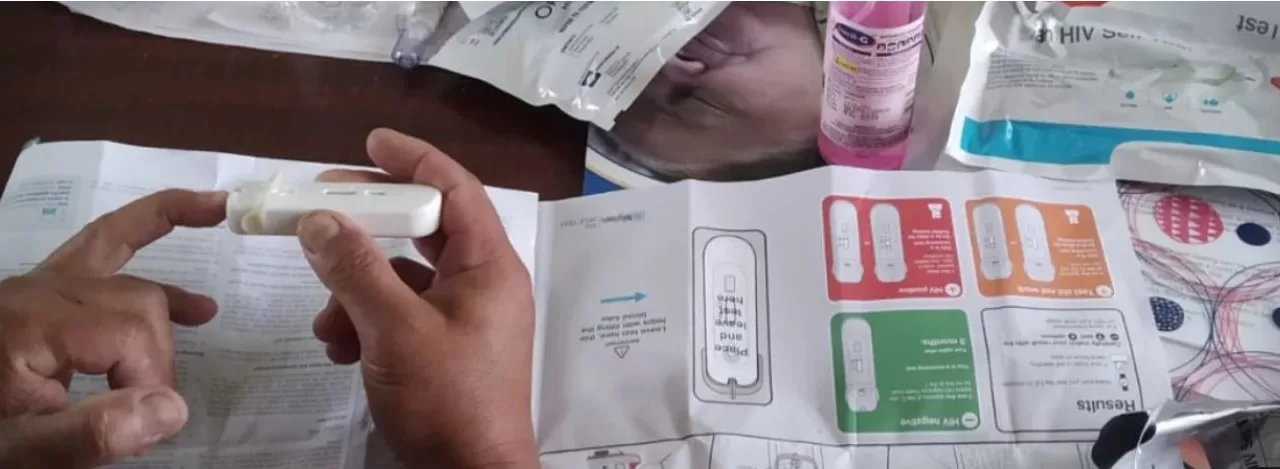Seattle, Washington – In a testament to the global scientific community’s resilience and adaptability, leading HIV investigators, who played a crucial role in developing COVID-19 vaccines, have now reinvigorated efforts to discover the world’s first HIV vaccine.
Dr. Yunda Huang, a prominent figure from the Fred Hutchinson Cancer Center in Seattle, shared insights on the renewed optimism during her talk at the Conference on Retroviruses and Opportunistic Infections (CROI) 2024 Annual Meeting.
“The body is capable of making antibodies to protect us from HIV,” Dr. Huang remarked, reflecting on the past challenges and recent breakthroughs in HIV vaccine research. Despite setbacks, she expressed hope in the potential of neutralizing antibody protection against HIV, citing promising advancements in vaccine strategies.
The recent halt of the PrEP vaccine trial, which tested experimental prevention regimens in Africa, underscored the ongoing challenges in HIV vaccine development. However, Dr. Huang and her colleagues remain steadfast in their pursuit of an effective solution.
“HIV, often referred to as the shape-shifting virus, presents formidable obstacles, but we cannot lose hope,” emphasized Birgit Poniatowski, Executive Director of the International AIDS Society (IAS), highlighting the urgent need for accessible HIV vaccines worldwide.
According to the Centers for Disease Control and Prevention (CDC), HIV continues to be a persistent problem, affecting an estimated 1.2 million people in the United States alone. With new infections occurring daily globally, Dr. Huang stressed a sense of urgency in addressing the epidemic.
“As we witness clinical trial setbacks, we’re also gaining valuable insights that will shape future research directions,” Dr. Huang stated, emphasizing the importance of learning from both successes and failures in the field.
Significant advances in protein nanoparticle science, mRNA technology, adjuvant development, and B-cell and antibody analyses are driving a new wave of clinical trials. The HIV Vaccine Trials Network is adapting its approach to identify the most promising vaccine candidates while ruling out ineffective options earlier in the process.
A new Discovery Medicine Program within the network aims to assess and advance novel vaccine candidates, reflecting a proactive stance in the pursuit of an HIV vaccine.
Multimeric nanoparticles, currently under investigation for COVID-19 and influenza, offer potential as adaptable platforms for HIV vaccine development. Dr. Huang highlighted the promising progress in cocktails of combination monoclonals, signaling a multifaceted approach to combating HIV.
“While challenges persist, the dynamic nature of scientific discovery keeps us hopeful,” Dr. Huang remarked, emphasizing the unpredictable nature of breakthroughs in research. “With continued dedication and innovation, we remain poised to transform the landscape of HIV prevention.”
As the world continues to grapple with complex health challenges, the collaborative spirit and unwavering determination of scientists like Dr. Huang offer a beacon of hope in the quest for global health equity and disease eradication.











